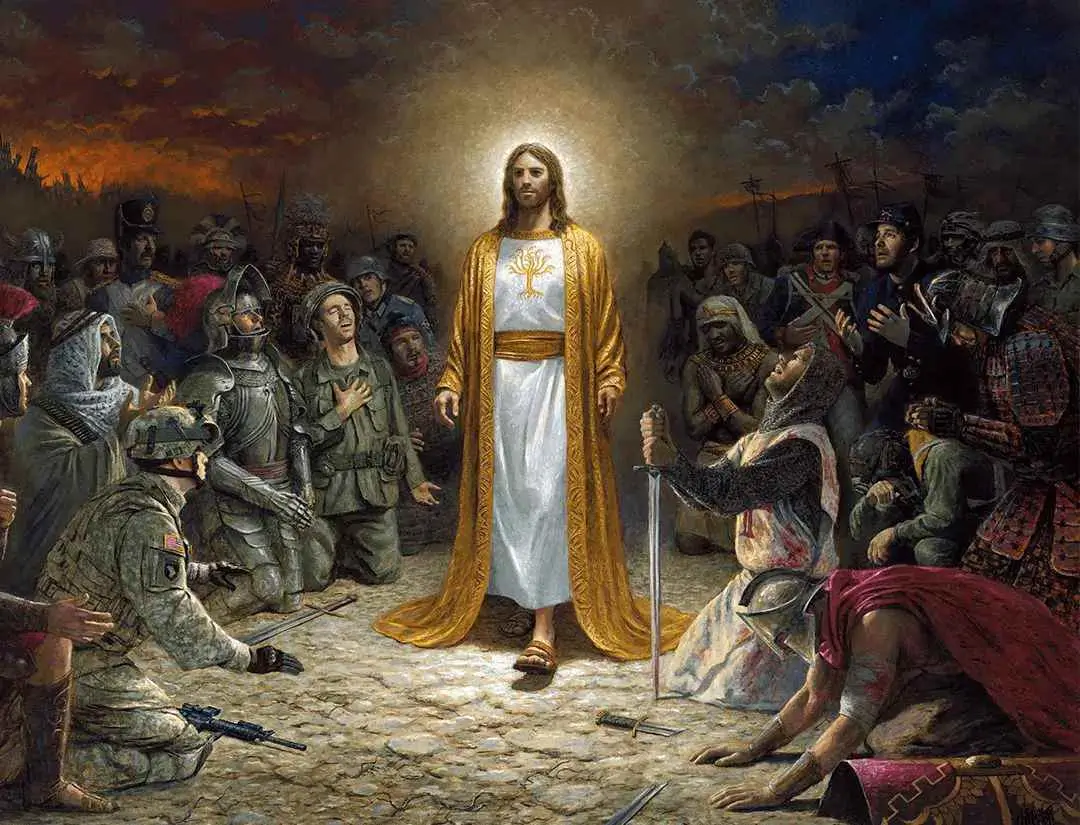Language
 Directory
Directory
Part 20
Tower of Babel

The story of the Tower of Babel is found in the book of Genesis, specifically in Genesis 11:1-9. It explains the origin of different languages and the dispersal of people across the earth. The story begins with a united humanity speaking one language and settling in the land of Shinar.
As the people became more numerous and advanced, they decided to build a city with a tower that would reach the heavens—an act of pride and defiance against God's authority. They aimed to make a name for themselves and prevent their dispersion across the earth.
God, seeing their arrogance and recognizing the potential for deeper rebellion, decided to intervene. He came down to see the city and the tower, and in response, he confounded their language. Suddenly, the people could no longer understand one another's speech, leading to confusion and an inability to work together on their ambitious project.
As a result, they scattered across the earth, each group speaking a different language. The city where the tower was being constructed became known as Babel (meaning "confusion"), symbolizing the fragmented state of humanity.
The significance of the story of the Tower of Babel lies in several aspects:
1. Pride and defiance: The story highlights the dangers of human arrogance and rebellion against God's authority. The people's desire to make a name for themselves and reach the heavens reflects a prideful ambition that disregards God's rightful place as the ultimate authority.
2. Language diversity and dispersion: The confusion of languages resulted in the dispersal of humanity across the earth. The diversity of languages became a barrier to communication and unity, forcing people to separate based on linguistic differences. This event is believed to be the origin of different languages and the formation of distinct cultures.
3. Limits on human achievements: The story demonstrates that there are limits to human accomplishments and ambitions. It serves as a reminder that human endeavors, even those seemingly grand or impressive, are ultimately subject to God's sovereignty. Humans cannot challenge or surpass God's authority.
4. Recognition of God's power: The story emphasizes God's authority and power over humanity. By confusing their language and scattering them, God demonstrated his ability to thwart their plans and assert his supremacy.
5. Lessons in humility and dependence on God: The Tower of Babel narrative teaches the importance of humility and recognizing our dependence on God. It reveals the consequences of pride and serves as a reminder that true unity and fulfillment can only be found through a relationship with God.
The story of the Tower of Babel warns against human arrogance, highlights God's sovereign control, and explains the origin of language diversity and human dispersion. It challenges individuals to cultivate humility, acknowledge their dependence on God, and seek unity in him rather than in their own achievements.




 Previous
Previous







